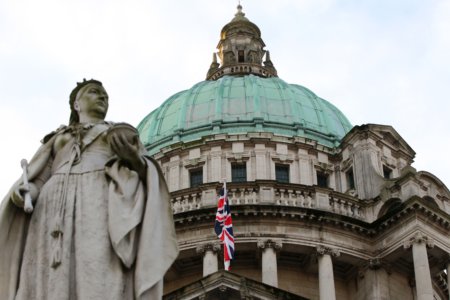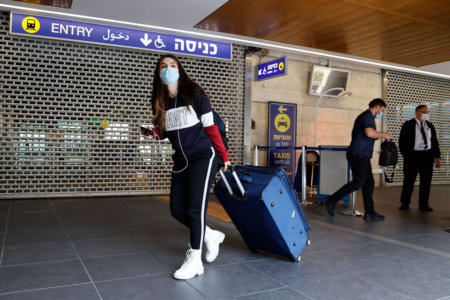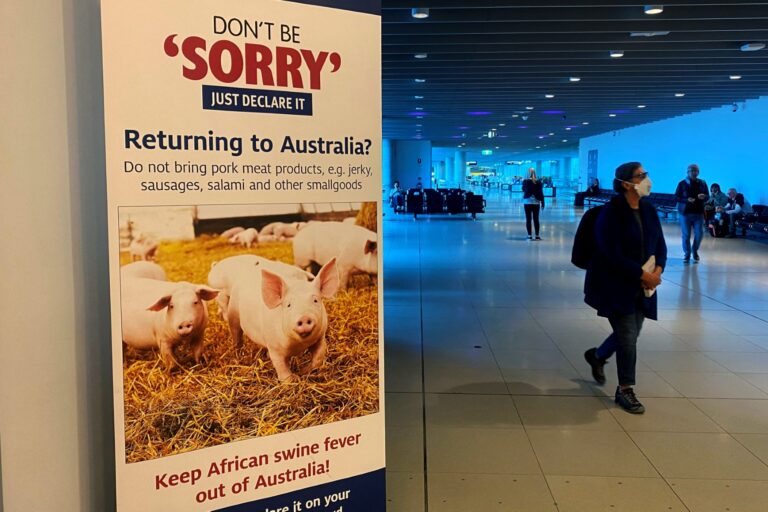
As we enter the month of July, many international students will travel to Australia for the first time, as many Australian universities will commence their academic session again by the end of this month.
If you are one of these students, you might want some useful tips on packing before you make your big move to the Land Down Under. After all, Australia is notoriously strict about its border controls, and this can be seen in the popular reality TV show, “Border Security: Australia’s Front Line”.
If you’re Australia-bound, it helps to familiarise yourself with what you can and cannot bring into the country. It’s worth noting that some items require permission or need to be declared before you can bring them in, including selected food items.
Failure to declare, or to give false or misleading information to a biosecurity officer regarding your packed goods could lead to harsh penalties, which may include a fine of up to 2,664 Australian dollars, subject to civil penalty proceedings and/or prosecuted for a criminal offence.
Your visa may be cancelled and, if so, risk returning to your country after being refused entry into Australia, notes the Australian Border Force (ABF). However, they add that you will not be penalised under the Biosecurity Act 2015 if you declare all goods, even if they are not allowed into Australia.
With that being said, here are 10 items that you should either declare or avoid bringing into Australia, based on information on ABF’s website.
Tips on packing: What you can and cannot bring into Australia
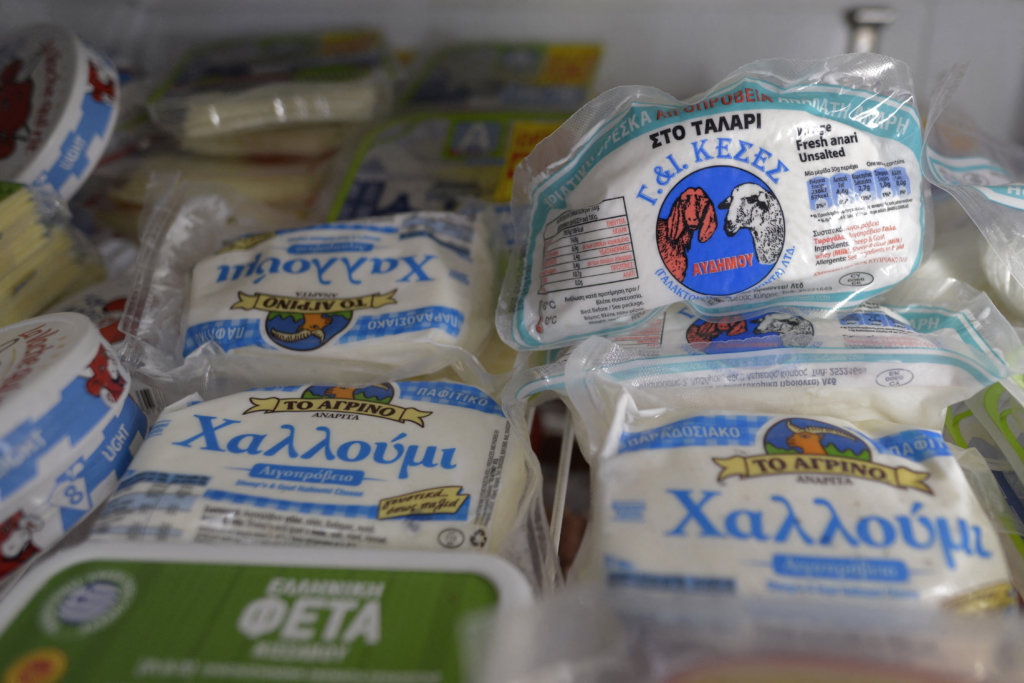
International students are reminded to declare any dairy products they bring into Australia on arrival. Some dairy products are not allowed in the country, and may be exported or destroyed at the importer’s expense. Source: AFP
Cheese, butter, and other dairy products
While not prohibited as long as you have it declared or inspected on arrival, bringing cheese to Australia could be risky for you if they do not meet import conditions. This could result in them being exported or destroyed at your expense.
If greenlighted by ABF, cheese, alongside other dairy products, may be used for personal consumption. Get more details here.
Dried fruits
Be careful about the types of food that you plan to bring to Australia for a cultural or seasonal event.
ABF advises you not to bring festive items such as dried fruits into Australia, as they may pose a biosecurity risk to Australia.
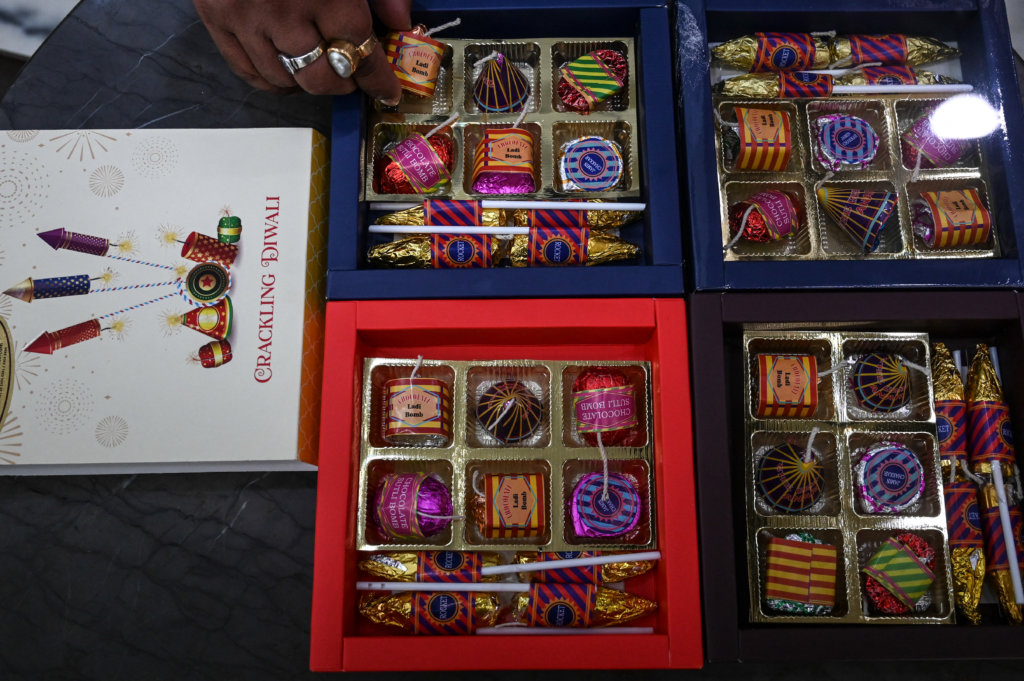
Certain sweets such as burfi, ras malai, rasgulla, and pedas cannot be brought into Australia. Source: AFP
Sweets
If you celebrate Diwali (the Festival of Lights), you may be thinking of bringing certain sweets as a gift to exchange with other international students or relatives in Australia.
ABF has a strict requirement on the items you are allowed to bring in or send to Australia. Sweets such as burfi, ras malai, rasgulla and pedas are among the items not permitted to be brought into Australia.
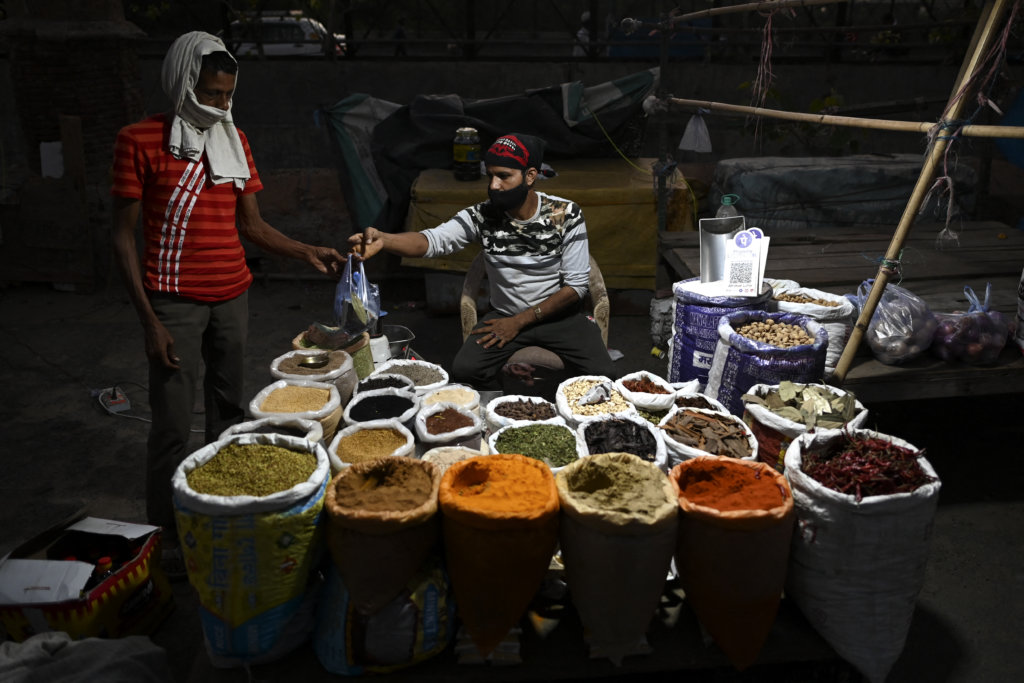
The biggest offender on our tips on packing list is that certain spices such as cumin, coriander, fennel, dried chilies, or capsicum are not permitted in Australia. Source: AFP
Spices
Spices are items that need to be declared.
Cumin, coriander, fennel, and dried chillies or capsicum are not permitted and will be destroyed, unless they meet the exclusions listed on the Department of Agriculture, Water and the Environment’s urgent actions to protect against khapra beetle (a small but serious pest) webpage, notes the ABF.
Other dried, ground spices, and spice mixes may be allowed into Australia if they meet the following requirements listed here.
Rice
If you’re thinking of stocking up on rice from your home country by bringing it to Australia, think again.
Rice is not permitted unless it meets the exclusions listed on the Department of Agriculture, Water and the Environment’s urgent actions to protect against khapra beetle webpage.
View this post on Instagram
Whole eggs
The ABF notes that whole eggs are not allowed into Australia unless accompanied by an import permit.
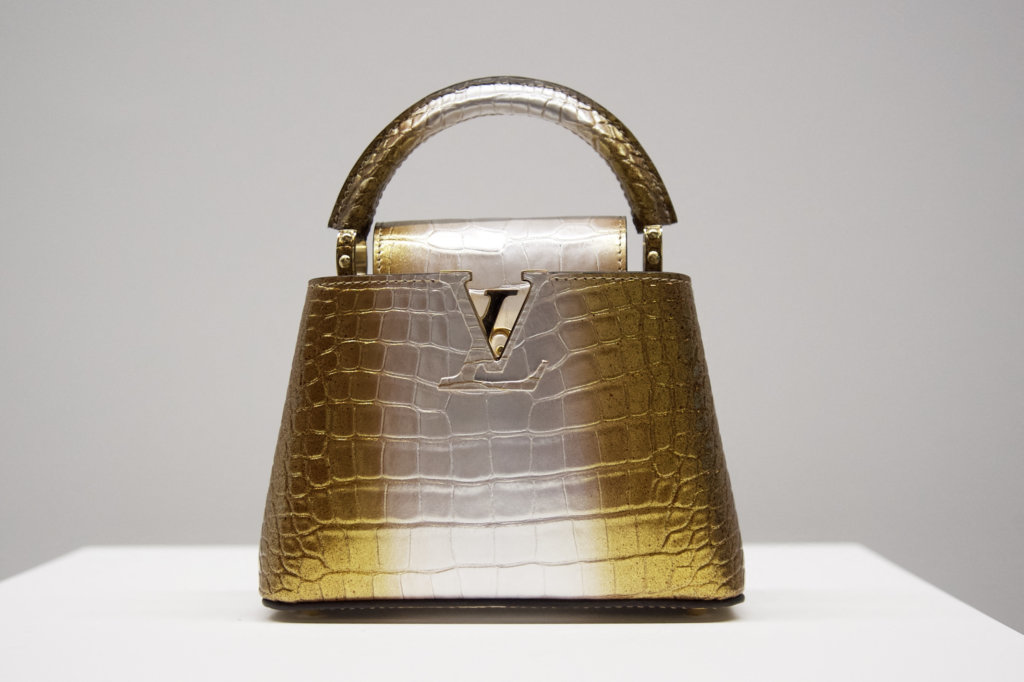
You might not expect this to be on the tips on packing list, but bringing fake designer goods to Australia carries severe penalties for the offender. Source: AFP
Fake designer goods
If you have purchased fake or counterfeit goods, including designer clothing, handbags, shoes, cosmetics, perfume and hair straighteners — do not bring them to Australia.
You will not only risk losing your goods, but risk having to pay huge penalties and face prosecution. One Tasmanian woman learned this lesson the hard way.
Pepper spray
You may want to carry pepper spray for protective measures when you arrive in Australia, but you are not allowed to bring them from your home country.
You risk losing your goods, prosecution and large financial penalties. Examples of pepper spray include anti-personnel spray, pepper spray, mace capsaicin, defender spray, and riot control spray.
Live plants
You are not allowed to bring live plants to Australia, unless you have obtained a valid import permit from the Department of Agriculture, Water, and the Environment.

Fireworks are considered ‘dangerous goods’ and cannot be brought along with international students when they travel to Australia. Source: AFP
Fireworks
Fireworks or pyrotechnics won’t even make it to Australian customs, as they are not allowed to be taken on board your flight (in the cabin or in the hold with the luggage).
This measure has been set by the Civil Aviation Safety Authority legislation as fireworks are considered to be “dangerous goods”.










